Following Writing Professor John McPhee ’53 to Alaska — and My First Book
Ben Weissenbach ’20’s new book is North to the Future: An Offline Adventure through the Changing Wilds of Alaska
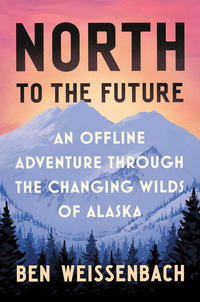
I was reading the final pages of John McPhee ’53’s Coming into the Country, on the second-to-last day of a rather wet camping trip on Washington state’s Olympic Peninsula, when the answer hit me. A fog of angst and uncertainty lifted, revealing with sudden, almost miraculous clarity my next step in life: I was going to Alaska.
That was June 2017, the summer after my freshman year at Princeton, and the idea wasn’t new. Growing up in Los Angeles, among the first generation to go through adolescence with front-facing cameras, I had come to view Alaska as a kind of antidote to screen-life, an escape from a cul-de-sac in human history. When I was 18, high on the literary fumes of Jack London and Jon Krakauer, I’d hatched a plan to take a car ferry to Alaska, park my car at the end of a road, and walk off into the bush — until my parents enlisted an older cousin, a skilled outdoorsman, to talk me out of it. (His winning argument: grizzly bears.) But now, as I savored McPhee’s portrait of Alaska in 1977, a more credible scheme occurred to me.
McPhee described the greatest wild on Earth: enormous bears, back-to-the-land bush-dwellers, and 10,000-year-old Native cultures. A land so vast and raw, so stirringly indifferent to the machinations of modern humankind, that none who encountered it could walk away unchanged. After four decades of economic growth, resource extraction, and climate change, I wondered: Could a place like that still exist? Might Princeton fund me to go find out?
Among the many problems with this plan, two were particularly glaring. The first was that I was not a seasoned adventurer, or a big-game hunter, or even — like McPhee — a skilled angler. By the time I’d graduated from high school, I had logged thousands of hours on Facebook but no more than a handful of nights in a tent. After high school, I’d taken a gap year to learn how to be outside, during which I’d backpacked in South America, hiked off-trail in Northern California, and figured out how to relieve myself in the woods — but I was still no match for the kind of wilderness McPhee had found his way into.
The second problem was no less disheartening: I wasn’t a writer. Having never published anything, I had no proof that I could report or tell a story. Why would a funding body — or anyone in Alaska — give me the time of day?
That fall, I applied to McPhee’s famous seminar, Creative Nonfiction (originally called The Literature of Fact), telling him, “I want to follow in your footsteps — literally.” I also applied to Rebecca Mead’s course on writing profiles; the University Press Club; and the Martin A. Dale ’53 award, which would provide a $5,000 stipend for a summer spent reporting in Alaska. Miraculously, all four applications panned out. I spent the spring pinching myself while learning from the master, and in May 2018, I left for the 49th state.
That summer was full of embarrassments and blunders, but I nonetheless stumbled into a story grander than any I could have imagined. Since McPhee published Coming into the Country — which many locals told me remained the best book ever written about their state — Arctic Alaska had warmed more than five degrees, several times faster than the global average. That’s roughly the difference in mean annual temperature between the redwood forests of Northern California and the scrubland deserts of northern Mexico. Millions of acres were burning. Landscapes the size of eastern states were thawing. Entire ecosystems were migrating poleward, with grave planetary implications. Yet Alaska — a behemoth larger than the next three largest U.S. states combined, with only 740,000 people and four interstate highways — was still so vast, so inaccessible, that the nature of these changes remained mysterious. Against this backdrop, a few intrepid scientists had emerged as key figures in a kind of scientific Wild West.
Over the next several years, I followed three of these scientists: first for my senior thesis, and more recently for a book. Funded by Princeton grants and mentored by McPhee and other professors — including Rob Nixon, Zahid Chaudhary, and Erika Milam — I would fly to the largest glaciers in the American Arctic with maverick scientist Matt Nolan, the only person alive studying them in situ. I would live off the grid in the depths of winter with permafrost expert Kenji Yoshikawa to learn about the carbon-packed soil thawing beneath his feet. I would hike and raft a thousand miles across the ultra-remote Brooks Range with legendary ecologist Roman Dial to study the migration of the world’s largest biome, the boreal forest. I would also find myself stalked by hungry bears, trapped by forest fires, and alone in winter temperatures that plunged to minus 49. I would raft big rivers, howl with wolves, and reach the summit of the tallest mountain in North America.
This month, the story of this journey will be published under the title North to the Future. It is dedicated to McPhee, who inspired me to imagine my own path in life. Princeton gave me the tools to pursue it.
Ben Weissenbach ’20 is a Gates Cambridge Scholar in Polar Studies and author of North to the Future.


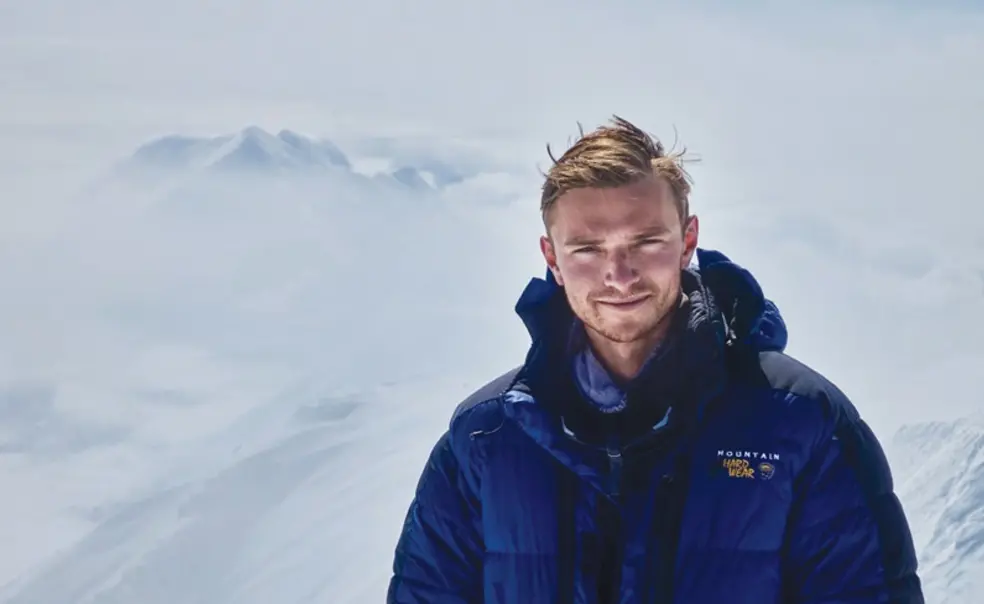
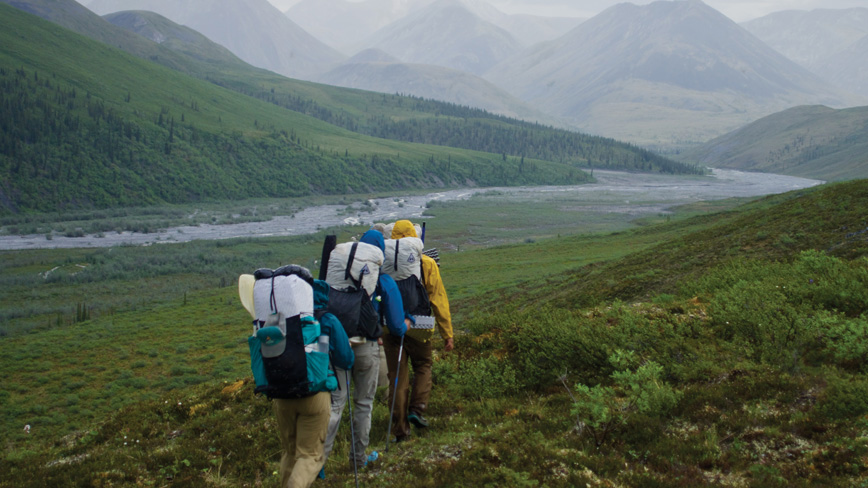
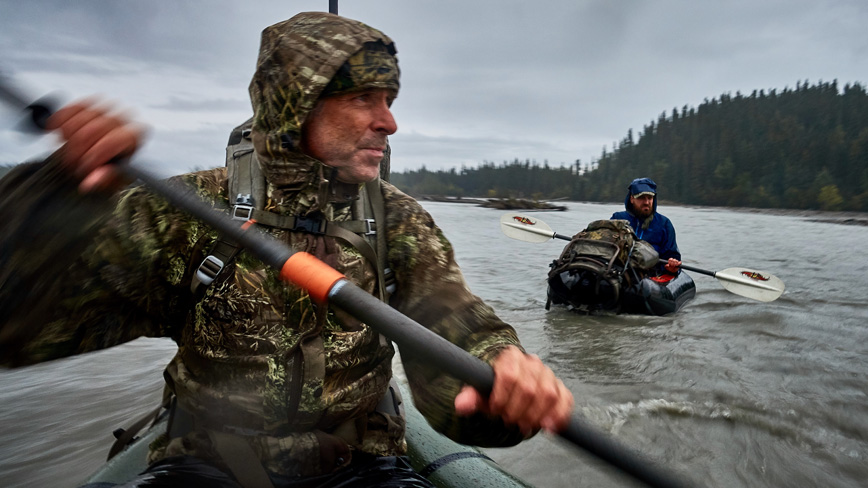
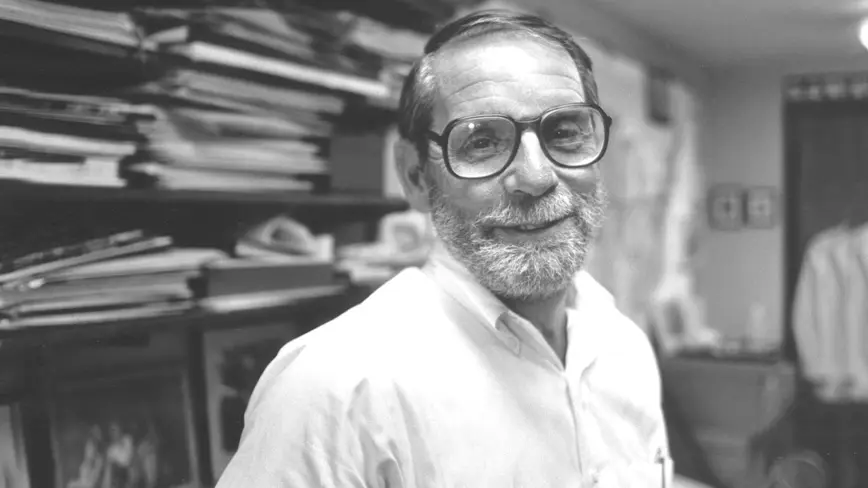









No responses yet